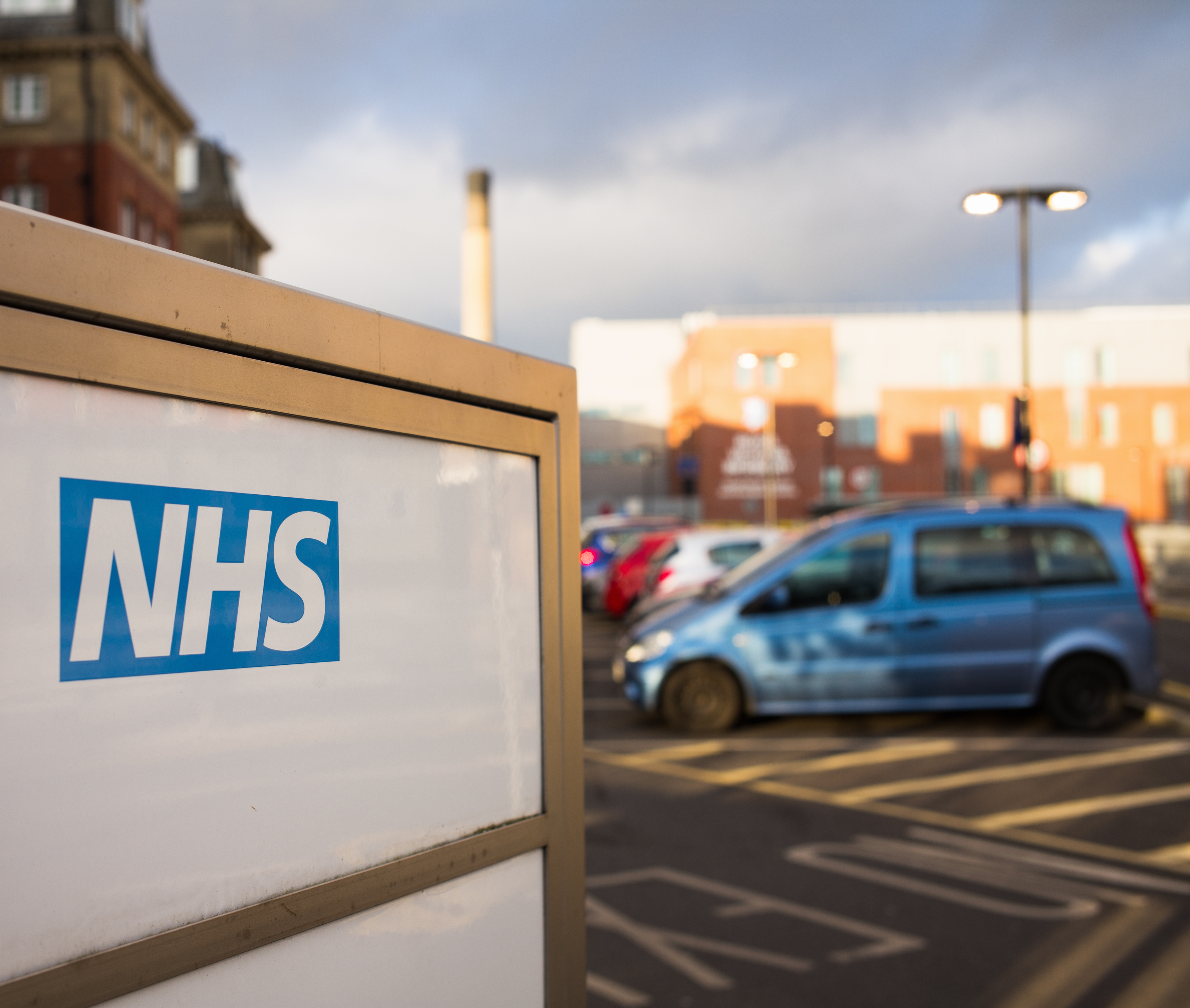02.08.19
NHS SBS: Insourcing in the NHS
Featured in July/August issue of NHE
Phil Davies, procurement director at NHS Shared Business Services (NHS SBS), explains how insourcing clinical services is one way NHS hospitals are looking to meet growing patient demand and reduce waiting lists
Whilst NHS hospitals up and down the country are well used to providing an excellent standard of round-the-clock inpatient and emergency care, many day-to-day patient services are only currently available in – what would traditionally be considered – normal office hours. Operating theatres, imaging labs and outpatient clinics are some of the facilities that – at many NHS trusts – stand empty in the evening or at weekends.
But with an ever-increasing demand on patient services and NHS hospitals under real pressure to hit waiting list targets, many trusts are now looking to secure additional clinical capacity whilst making better use of their existing infrastructure.
READ MORE: NHS SBS transforms back office functions of 48 organisations
Offering patients greater choice and flexibility is another reason why more and more NHS hospitals are looking to insource clinical services as a safe and efficient way to provide high-quality care to a greater number of patients.
Insourcing – not to be confused with outsourcing – is where a third-party provider of secondary care uses an NHS organisation’s premises and equipment to deliver extra clinical capacity, outside of when they are normally in use. In most cases it is essentially an extension of a hospital’s existing clinical service.
The NHS trust retains capacity planning in-house and ensures that patients are seen within the normal hospital environment by current NHS employees, normally clinical staff with day jobs elsewhere in the health service. Insourcing as a short to medium term solution means an NHS trust retains greater control and all its normal practices and procedures are adhered to.

In response to its growing popularity, NHS SBS launched the first ever specialist NHS insourcing framework in October last year. The framework, which will initially run until September 2020 (with the option to extend it until 2022), aims to ensure that hospitals choosing to buy in extra clinical capacity have access to high-quality expertise and achieve the best value for money. Indeed, insourced services provided via the framework offer savings of up to 20% compared with the normal tariff price.
By having a framework like this in place, NHS trusts can be sure that a detailed OJEU (Official Journal of the European Union) compliant procurement exercise has already taken place, and that the successful suppliers are appropriate in terms of meeting all legislative requirements – saving them the time and money of running a formal tender process themselves. In other words, NHS hospitals are free to directly award contracts to suppliers on the framework without a complex tender process, or they may choose to run a mini-competition to further test quality and price.
Following our robust selection process, seven suppliers - offering a wide range of clinical specialities - were awarded a place on the new framework. The services provided cover more than 20 different clinical specialties, everything from anaesthetics to orthopaedics; audiology to vascular surgery; pain management to urology. This includes a multi-disciplinary, consultant-led service; triage and clinical assessment of patients; diagnostics and treatment; onward referrals or discharge; and follow-up appointments as necessary.
READ MORE: 'Insourcing' NHS trusts
A number of NHS trusts around the country have already used our framework to reduce waiting lists for patients. For example, having issued a capability assessment for its neurology requirements back in November 2018, one of the providers we work with in the South West identified the most suitable supplier for its needs and agreed a short-term contract for extra clinical capacity. Having been impressed with the high-quality service provided, the trust has since used the framework to access other services, such as cardiology and endoscopy, to ensure patients can be seen more quickly and conveniently.
The new insourcing clinical services framework is one of a number we have developed to better reflect the shifting NHS procurement landscape. As NHS trusts around the country explore new innovative ways to care for patients, our aim is to ensure they have easy access to the very best quality healthcare providers in the most cost-effective way possible.